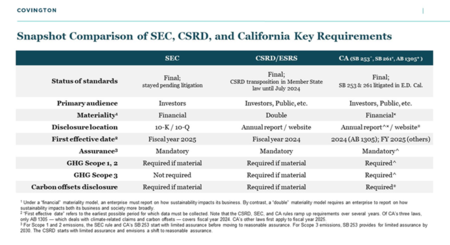Charities join to help patients and doctors discuss the cost of cancer
Four leading cancer charities have joined forces to help reduce bill shock for cancer patients, developing a Standard for Informed Financial Consent.
The partnership between Cancer Council Australia, Breast Cancer Network Australia, Canteen and the Prostate Cancer Foundation of Australia will provide clear guidance for doctors to discuss the costs of cancer treatment with their patients.
Megan Varlow, Acting CEO of Cancer Council Australia said, “Cancer is a complex condition that often involves treatment from multiple healthcare providers, often using a mixture of both the public and private healthcare system.
“The Standard for Informed Financial Consent was introduced in recognition of patients increasingly experiencing bill shock throughout their cancer treatment.
“The standard gives clear and concise guidance to help healthcare practitioners ensure their patients clearly understand the costs of their treatment and their options so that they can decide what is best for them and plan accordingly.
“Patients have a right to have the costs of and options for their treatment clearly outlined to them from the outset and throughout the course of their treatment if changes do occur. Informed Financial Consent needs to be incorporated as a core part of overall consent to medical treatment.”
Kirsten Pilatti, CEO of Breast Cancer Network Australia explained bill shock has a significant effect on patients and their families.
“Bill shock occurs when patients receive bills they did not expect or are higher than expected. This can cause significant distress and lead patients to make decisions about their care that may have negative health and ongoing financial impacts. This is called financial toxicity.
“In some cases, financial toxicity can lead patients to choose inferior cancer treatment or forego treatment altogether because of the financial burden, so the impacts can be severe.”
Canteen’s Dr Pandora Patterson, General Manager of Research and Youth Cancer Services said, “Being diagnosed with cancer and undergoing treatment is a challenging enough time for patients and their families without the added stress of being hit with unexpected or unnecessary costs.
“Cancer is often a long-term condition, and in some cases, treatment can last for years. This means the out-of-pocket costs can add up over time until the burden becomes immense, with young patients and their families paying nearly 20% of health costs.*
“Neither the public healthcare system nor private health insurance covers every cost of care, however patients do have options for care for unexpected costs such as fertility preservation. This makes it vitally important that patients, their families and healthcare providers discuss and understand the costs of and options for care, and that these discussions happen early and often.”
Jeff Dunn CEO of Prostate Cancer Foundation explained some of the ways medical practitioners can ensure patients are fully informed of costs.
“To facilitate informed financial consent, patients must be made aware of their health professional’s costs, who else may be involved in their care and where to find information about their costs, and whether there are alternatives that offer similar benefits at less or no cost to the patient.
“Australia has a world-class health care system, and Australians experience among the highest cancer survival outcomes in the world and everyone deserves the chance to make the best decisions for their care.
“The Standard for Informed Financial Consent will improve cancer care for both patients and health professionals in Australia, so we are encouraging practitioners to adopt the principles of the standard and pledge to ensure all patients receive adequate information to make an informed decision.”
Patients who are currently struggling with the financial burden of their cancer treatment should speak to a social worker, a financial counsellor or call Cancer Council’s information and support line on 13 11 20 to discuss their options.
The standard is available at https://www.cancer.org.au/health-professionals/resources/informed-financial-consent








